Everybody has rights, including children. These rights are set out in the United Nations Convention on the Rights of the Child (UNCRC). This is an internationally agreed document that recognises the importance of children’s rights and freedoms and always puts the best interests of the child first. These case studies show how children and parents can use the UNCRC to help them deal with different situations.
How a rights-based approach helped an autistic 9 year old feel comfortable at the dentist
My 9 year old daughter is autistic and after our recent move to Scotland, she couldn’t cope with going to our new dentist. We were put in touch with the charity Children’s Health Scotland. They offered us a dental play session with dressing-up, real equipment, toys and books. This allowed her to learn about the dentist in a playful way. Her right to be informed was supported there.
Next, she was invited to visit a real dentist surgery, where she could explore everything in her own time. The dentist and dental nurse explained everything and gave her the time she needed to feel comfortable having her own teeth examined. Children’s Health Scotland also made a picture book for her about her visit to the dentist.
The whole experience made it possible for her to feel respected and involved in decisions about her treatment. Before working with Children’s Health Scotland, our family didn’t know about the right to play, to be informed, to participate, to be treated with respect and to be treated by professionals who are trained in dealing with children. These rights are all set out in the United Nations Convention on the Rights of the Child (UNCRC). This rights-based approach through health-related play has led to my daughter being happy and relaxed about going to the dentist and will make future visits much easier and successful for her, us parents and also for the dental professionals.
- Mum of 9 year old
How a rights-based approach helped an 8 year old school girl
While I do have fond memories of my primary school – mainly running around the playground with my friends pretending to be a dalek and making monsters out of clay – I also have my first memories of experiencing injustice and anger.
Once, when I was eight years old, someone grafitti’d the Year 5 girls’ bathroom. Our teachers asked the culprit to own up, but no one did. So at lunchtime that day, all the girls had to stay behind in the assembly room, and we were told we could only leave once someone confessed.
We were permitted to eat lunch but had to do so in silence.
We were sat there in silence for twenty minutes, when a fellow student shouted out, “Grr! Can whoever did it just own up?”
The teacher replied, “Yes, it’s really not fair that no one can go outside and play because of one person.”
The room became silent. The teacher was right: it wasn’t fair. I hadn’t done anything wrong. I hadn’t been in that bathroom and even if I had been, I would never graffiti it. If I were a boy, I would get to go and play.
The bell rang for lesson. “Since no one has owned up, we’ll be here again tomorrow lunchtime,” said one of the teachers, “unless someone talks to me about what happened to the bathroom before then.”
When I got home from school that day, I told my dad what happened. He told me about The UN Rights of the Child and we looked at a list of rights on the Internet. One of them was the right to play and he said this had been taken away from me. I was being told off for something I didn’t do, which he explained was called collective punishment. He suggested I talk to my teacher the next morning, before lunchtime.
So I did. At first, I was nervous and the teacher thought I was confessing. But when I finished, she thanked me and told me to sit down.
I don’t know if anyone did confess, or if it was the UN Rights (UNCRC) that did it, but at lunchtime, we were allowed into the playground where I was once again a dalek.
How a rights-based approach helped a school improve training and awareness around disability and rights
Our son’s school removed him from learning with his classmates and his usual timetable and said he had to learn alone in a learning support unit.
This was after the school had got in touch to say he had verbally assaulted another pupil and it was the latest in a series of events over a long period. The previous events were not recorded or reported in any way. His outbursts were driven by emotional upset.
We made a complaint to the school and the local authority about this action because we felt it went against our child’s right to be supported as a disabled person, which is set out in the United Nations Convention on the Rights of the Child. We also complained to the Additional Support Needs Tribunal on the basis of disability discrimination.
As a result the school and local authority are addressing training and awareness-raising around disability and rights.
- Parents of secondary school age child
 Activities & Play
Activities & Play Behaviour
Behaviour Childcare
Childcare Development & Growing Up
Development & Growing Up Family, Friends & Relationships
Family, Friends & Relationships Feeding Your Baby
Feeding Your Baby Food & Eating
Food & Eating Health & Safety
Health & Safety Mental Health & Wellbeing
Mental Health & Wellbeing Money & Work
Money & Work Online Behaviour & Safety
Online Behaviour & Safety Pregnancy & First Days
Pregnancy & First Days School & Education
School & Education Sleep
Sleep

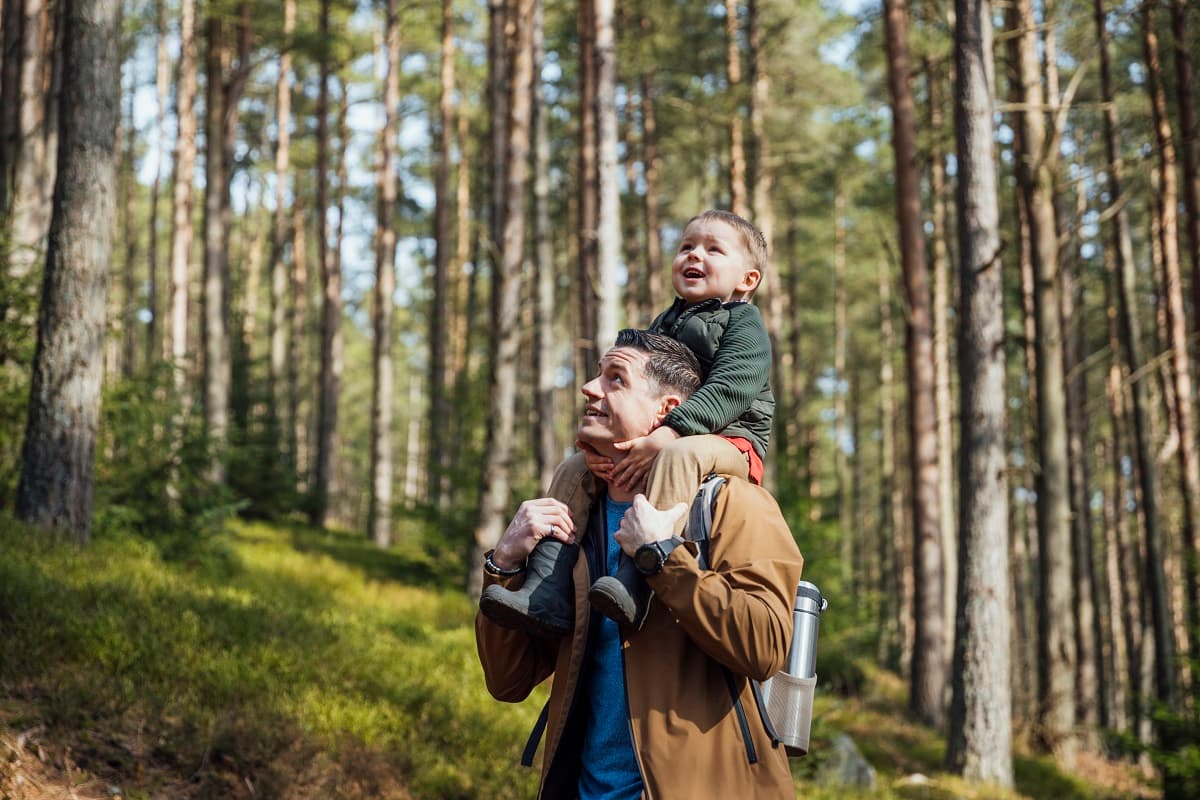
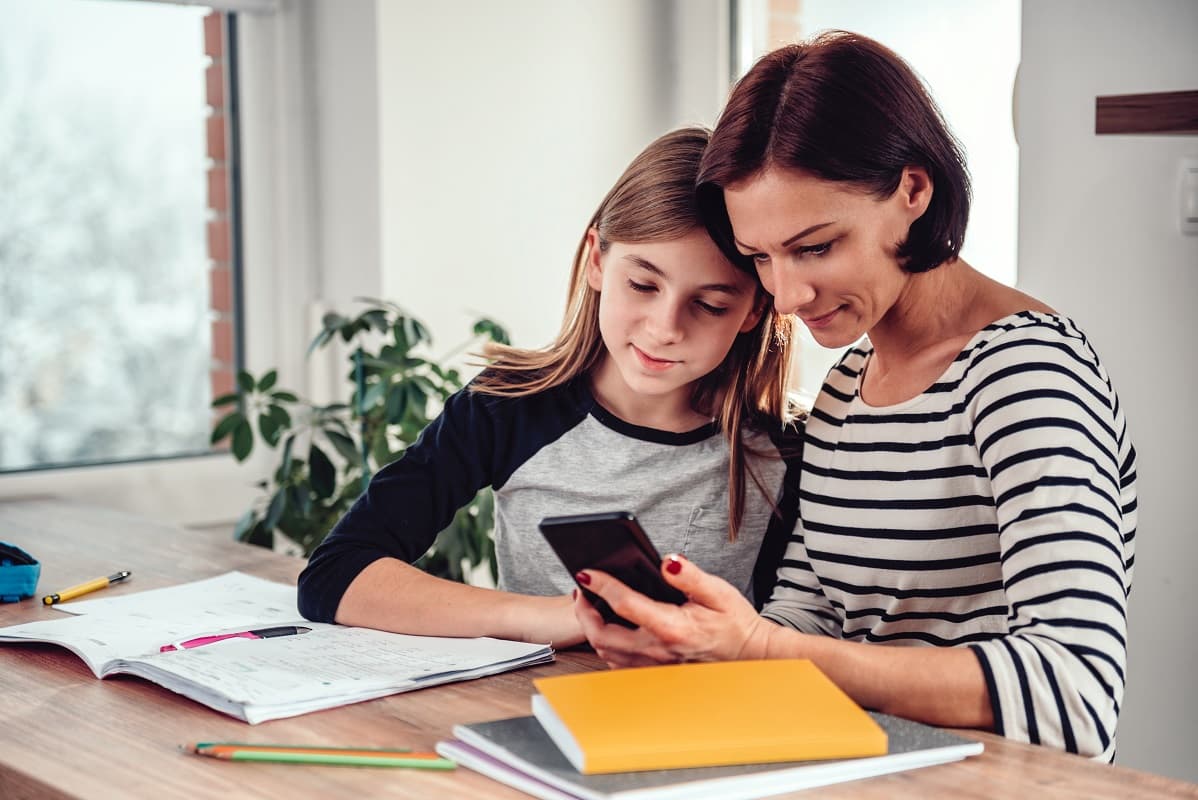
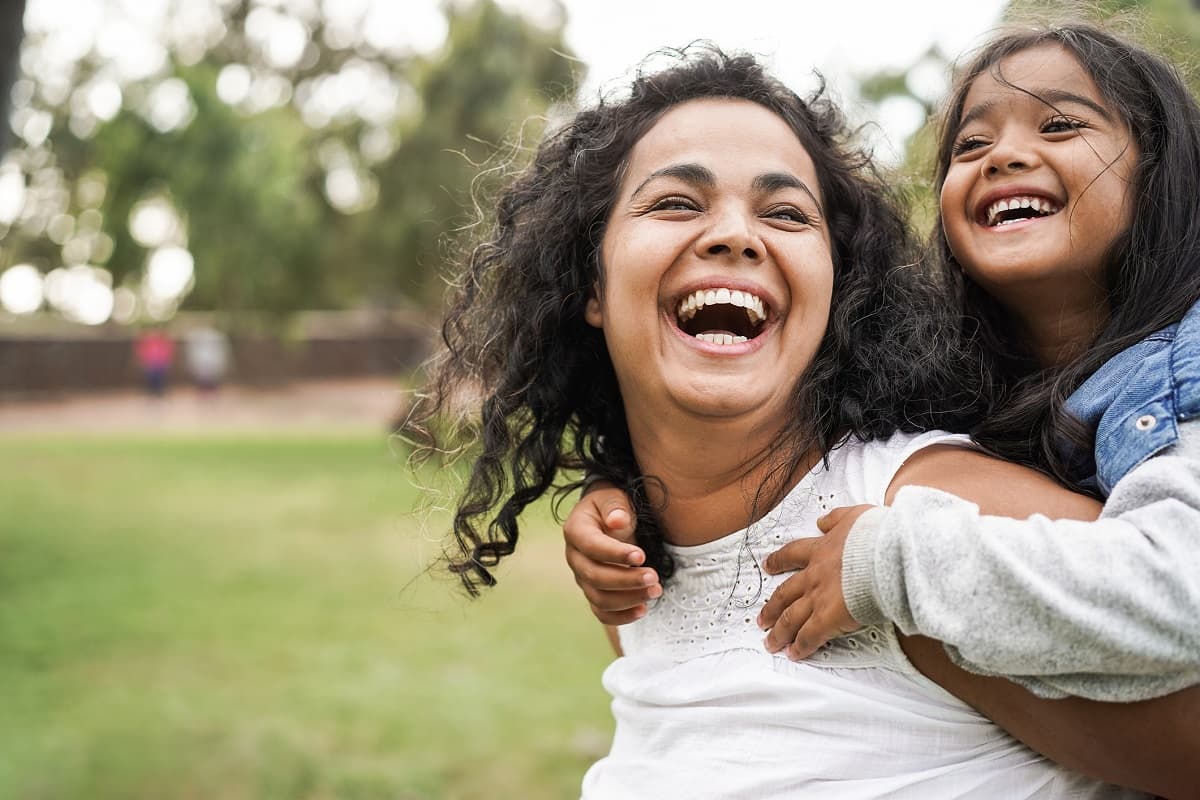
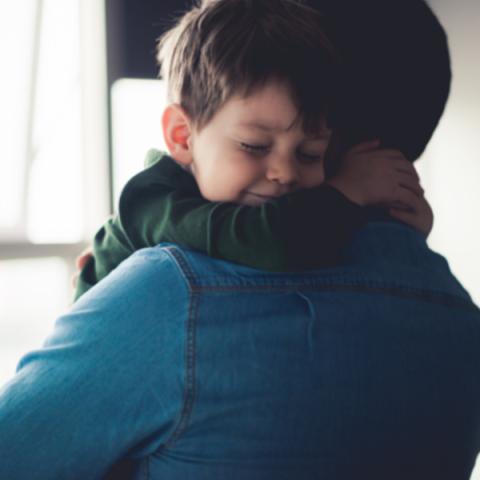
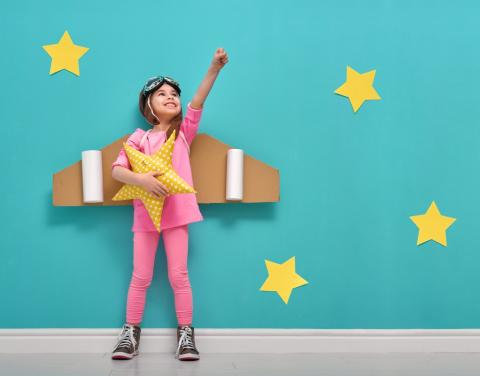
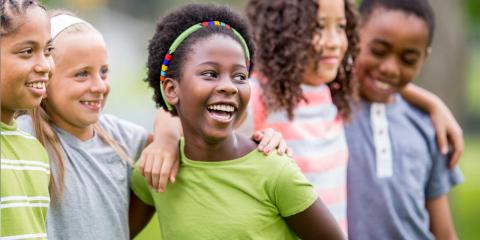
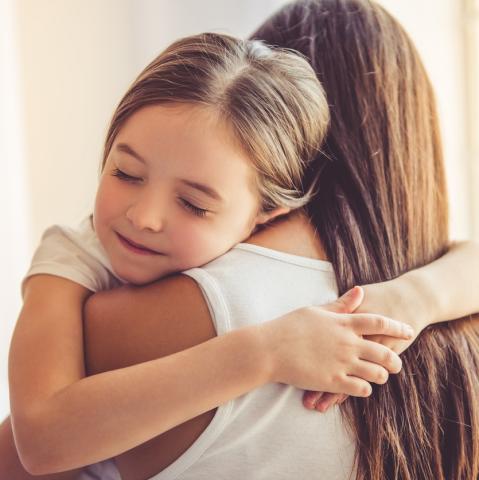
 Mental Health & Wellbeing
Mental Health & Wellbeing
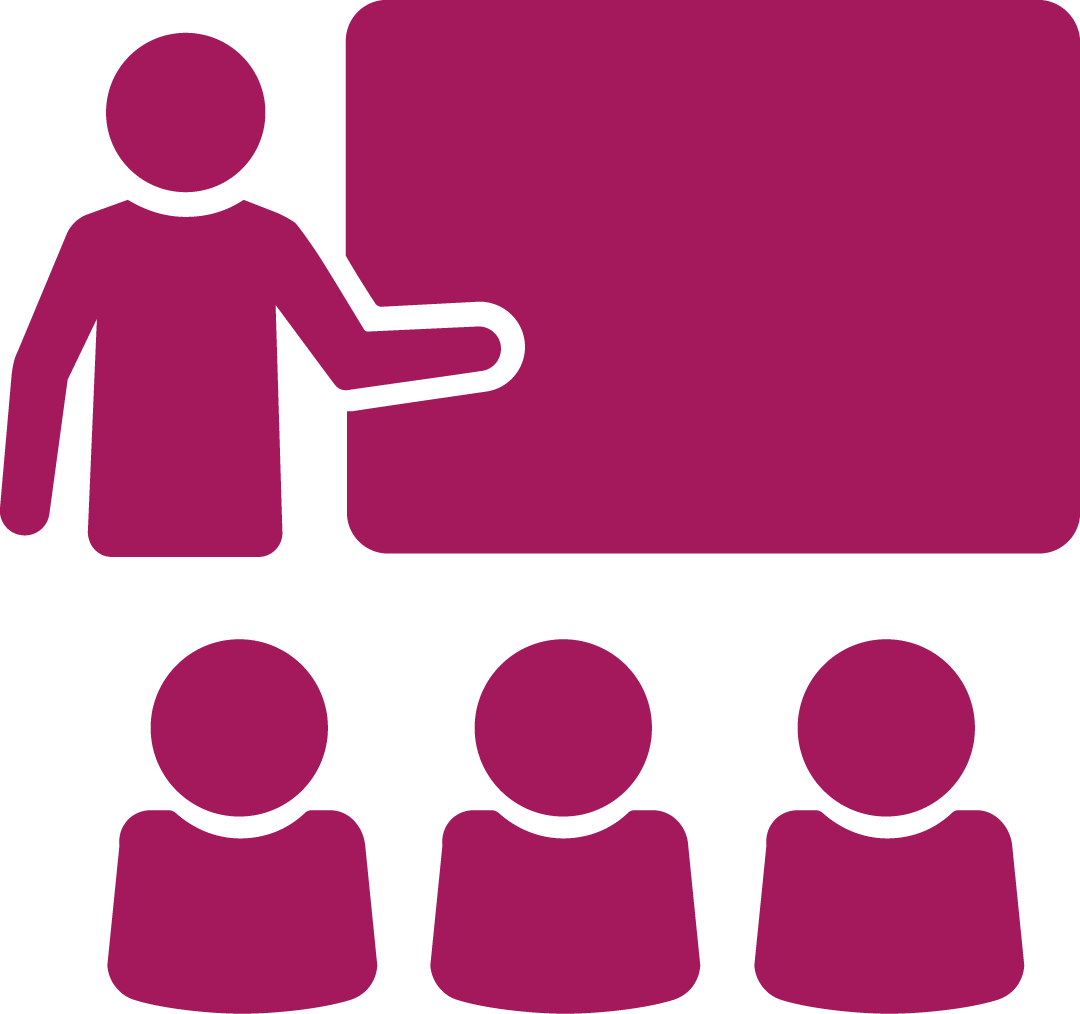 School & Education
School & Education